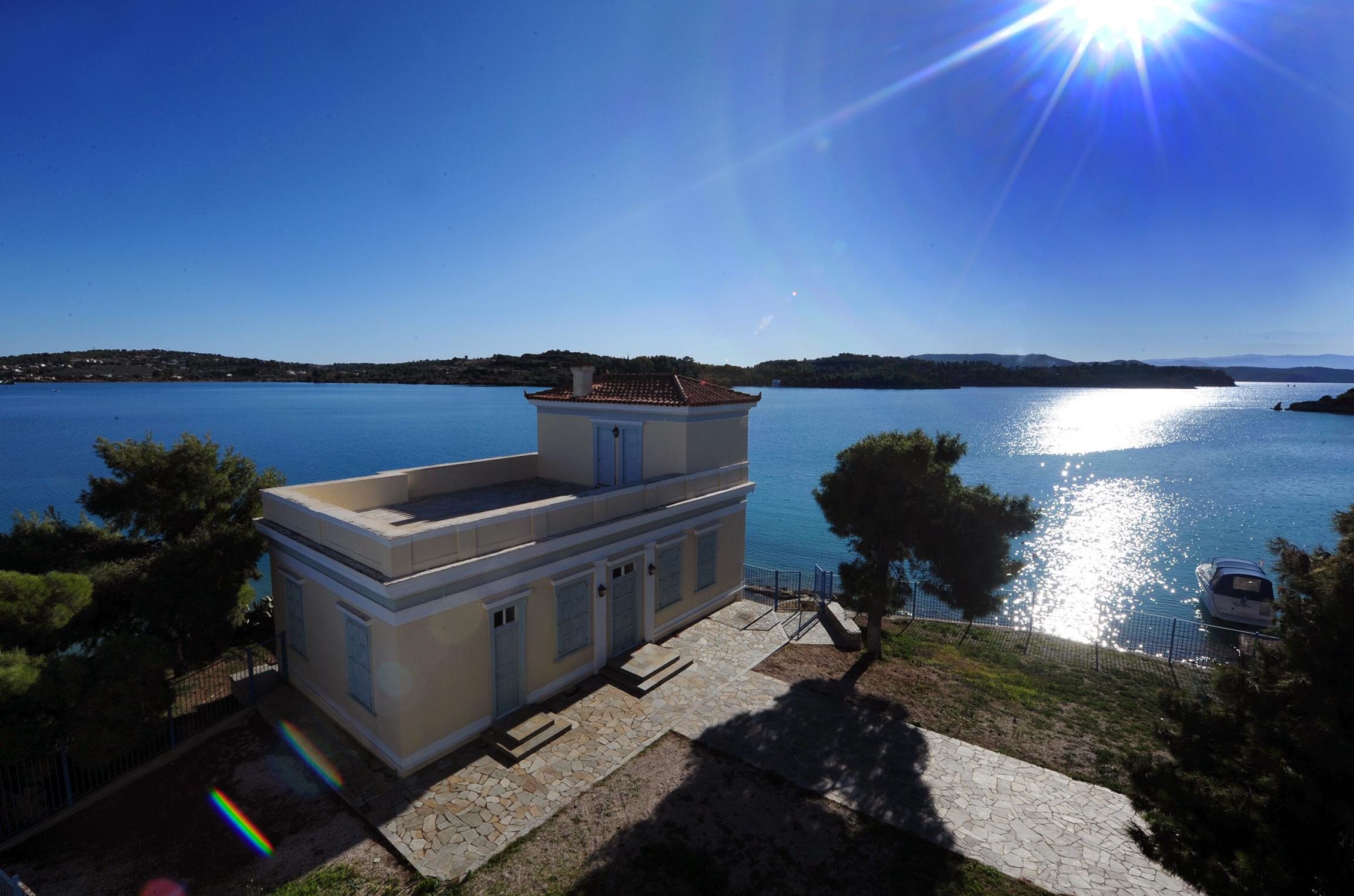Anyone who’s looking for an in-depth and more than a little disturbing look into how the rich and powerful use offshore tax havens need look no further than a new report from the Center for Public Integrity’s International Consortium of Investigative Journalists out today. (That’s a long-name, but the nonpartisan group earned every letter for all the work they poured into the project over the last 15 months.)
The study—which will be updated with additional findings as reporters continue to dig in—centers around a trove of 2.5 million leaked financial documents from around the world. To put that in perspective, the leak is 160 times larger than Wikileaks’ State Department database that kept reporters busy for weeks. The offshore effort took one the biggest collaborations in journalism history to sort through: more than 80 journalists from more than 40 countries worked together for more than a year to extract meaning from the documents.
While the reporters at the center and at other media outlets are still uncovering additional nuggets, the current findings seem to fall within a few broad categories: the offshore secrecy practices of the mega rich, of politicians, and of those connected to corruption and criminal activity. While that’s perhaps not surprising to the cynically inclined, there’s now data to back up those assumptions.
The findings shed light on 120,000 offshore companies and trusts, almost 130,000 individuals, and pertain to nearly 170 different countries. Given the size of the trove, there’s myriad ways for the data to be cut and nearly countless stories to tell, but few paint a rosy picture of international finance. The best place to start is probably the CPI’s overview of the whole project, which you can find here. Here’s some relevant context of why these files matter to get you started:
The vast flow of offshore money — legal and illegal, personal and corporate — can roil economies and pit nations against each other. Europe’s continuing financial crisis has been fueled by a Greek fiscal disaster exacerbated by offshore tax cheating and by a banking meltdown in the tiny tax haven of Cyprus, where local banks’ assets have been inflated by waves of cash from Russia. Anti-corruption campaigners argue that offshore secrecy undermines law and order and forces average citizens to pay higher taxes to make up for revenues that vanish offshore. Studies have estimated that cross-border flows of global proceeds of financial crimes total between $1 trillion and $1.6 trillion a year. ICIJ’s 15-month investigation found that, alongside perfectly legal transactions, the secrecy and lax oversight offered by the offshore world allows fraud, tax dodging and political corruption to thrive. The anonymity of the offshore world makes it difficult to track the flow of money. A study by James S. Henry, former chief economist at McKinsey & Company, estimates that wealthy individuals have $21 trillion to $32 trillion in private financial wealth tucked away in offshore havens — roughly equivalent to the size of the U.S. and Japanese economies combined.
You’ll find the early reports over at the project’s homepage, and a smattering of stories from media outlets around the globe as well. ICIJ says they and their media partners will release more stories in the coming weeks, but here are a few of the early highlights:
—30 American clients of Singapore-based Portcullis TrustNet are accused in lawsuits of significant financial crimes and misconduct. It looks like the Washington Post will have more on this soon. TrustNet was one of two companies investigated in depth by the ICIJ collaboration. But a teaser from the ICIJ says that those 30 Americans include “ex Wall Street titans Paul Bilzerian, a corporate raider who was convicted of tax fraud and securities violations in 1989, and Raj Rajaratnam, a billionaire hedge fund manager who was sent to prison in 2011 in one of the biggest insider trading scandals in U.S. history.”
—Those benefiting from offshore corporation tax breaks and trusts include top Russian officials, which suggests Putin’s public campaign to end offshoring may not be as genuine as he’d like everyone to believe. ICIJ explains, “owners of corporations registered in the British Virgin Islands included top managers of state-controlled giants including Gazprom, one of the world’s largest extractors of natural gas. Others in the documents include relatives of ranking Russian officials and prominent private business people.”
—A British woman named Sarah Petre-Mears, who lives on a remote Caribbean tax haven, is somehow the director of more than 1,200 companies. Or not. The investigation explains: “John Parker is one of her UK connections, who registers offshore entities for anonymous clients with her as nominee director. Petre-Mears does not appear to need to know much about the people for whom she passes resolutions, allots shares, and helps set up bank accounts. All she has to do is sign her name.” She’s one of 28 people named by ICIJ who essentially act as fake directors for, collectively, more than 21,000 companies.
—Carmen Thyssen-Bornemisza, one of the world’s biggest art collectors, uses secret tax haven companies to avoid annual wealth taxes on the Van Goghs, Monets, Matisses, and other masterpieces she owns. She’s not the only one.
For a tongue-in-cheek How To on tax dodging, check out this undercover video from the ICIJ’s collaboration with the BBC and the Guardian. More from the ICIJ here.
